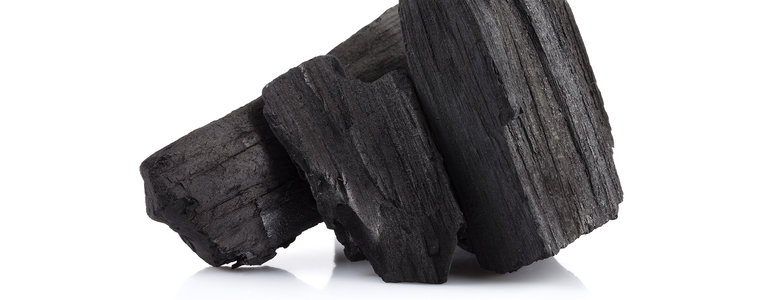
Pilot Plant: Reversing the impact of CO2 Emissions
The extraction and burning of coal is one of the largest causes of greenhouse gases in the world. Lapwing Estate, a British food and farming company, is currently developing a concept that reverses this process – and converts CO2 emissions back into solid carbon. The concept is known as “Reverse Coal”.
Peatlands throughout the world are being drained in order to grow food. This process generates greenhouse gas emissions of between 25 and 35 metric tons of CO2 per hectare per year. This corresponds to around five percent of total global anthropogenic CO2 emissions. Lapwing Estate, a British food and farming company in Nottinghamshire, has focused considerable efforts on solving this problem in recent years. The company has developed a concept that captures and removes significant amounts of carbon and produces food with a measurable positive environmental and social impact.
The solution consits of four core systems:
1. Carbon abatement & capture
In order to stop current landscape emissions from degraded peat, the land needs be restored. This is achieved through careful land management and raising of the water table. This prevents further oxidation of the peat and allows the peat to slowly rebuild. Willow coppice, which uses nature’s own carbon capture technique of photosynthesis, is planted on the rewet lowland peat.
2. Carbon processing
Biomass is rotationally harvested and chipped from the field. Once dried, the woodchips are fed into a high temperature pyrolysis plant which breaks down the biomass through thermal decomposition. This produces biochar, heat and electricity.
3. Carbon storage
Biochar is buried underground to ensure long-term, easily verifiable carbon sequestration (reverse coal).
4. Controlled environment agriculture
The heat and power generated from the pyrolysis plant will be used to power controlled environment agriculture for more sustainable food production and provide greater food security.
The concept developed by Lapwing Estate was successfully verified in a feasibility study. The next step will now be to set up a pilot plant. Bilfinger UK is providing support in the areas of technical planning, procurement and installation. Academic support for the project is provided by the University of Lincoln and the UK Centre for Ecology and Hydrology. The project is funded by BEIS, the UK Department for Business, Energy and Industrial Strategy within the scope of Phase 2 of the Direct Capture of Air and Other Greenhouse Gases program.
Bilfinger UK are excited to be part of Lapwing Estate’s innovative CO2 reduction project and delivering the carbon processing plant design, supply and installation. We see this as a positive opportunity for the future of Bilfinger UK and the environment."
